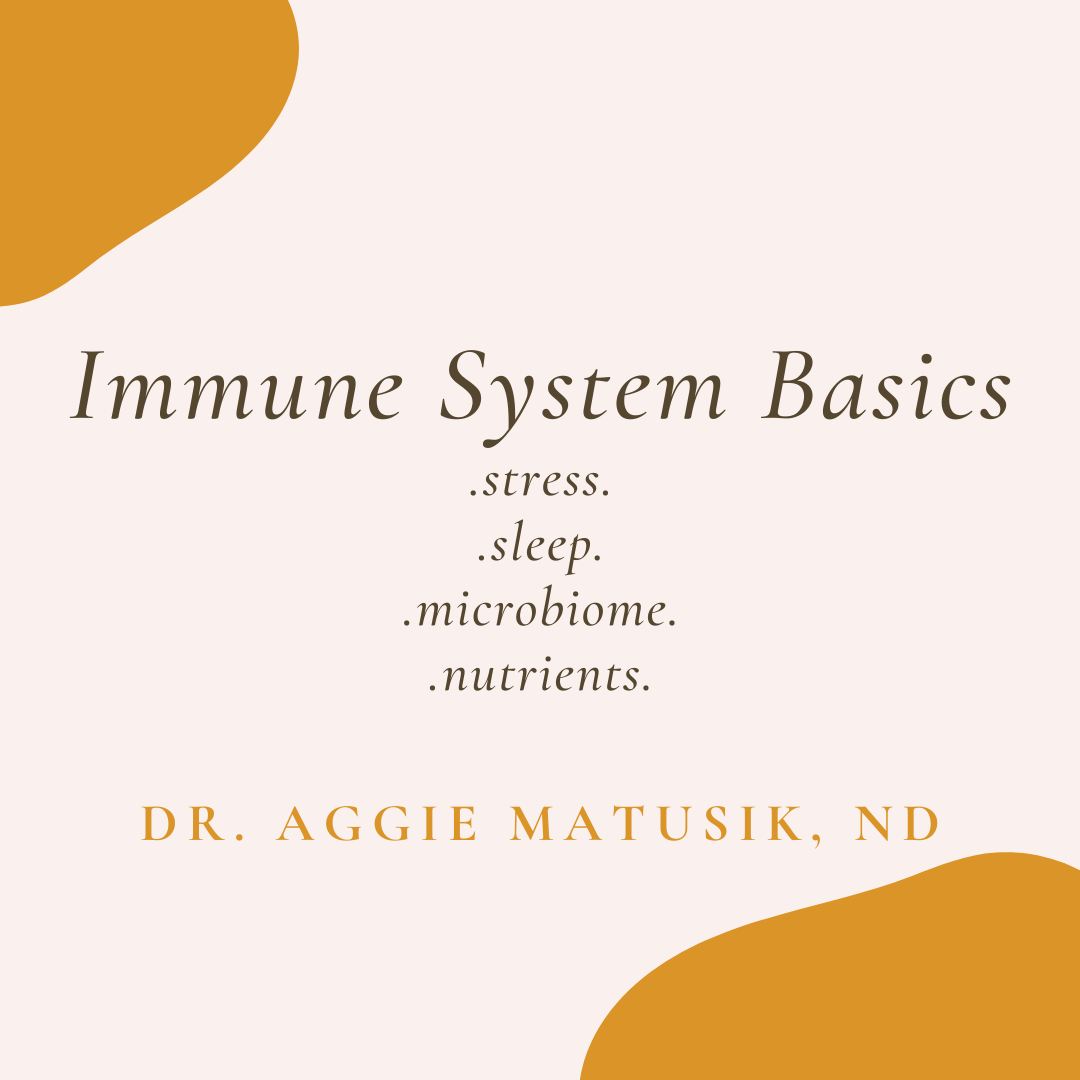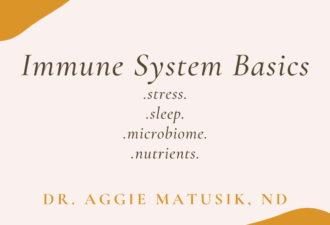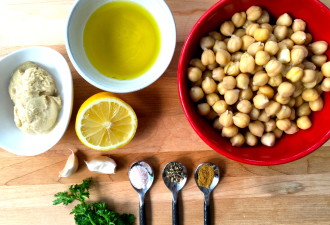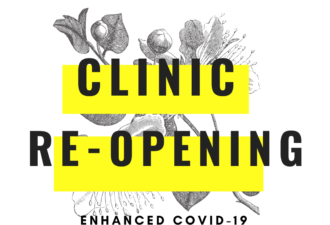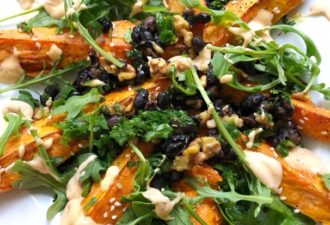With immunity on everyone’s minds, I wanted to provide some guidance on the immune system support strategies I am discussing with my patients during this time. Currently there are no natural remedies (vitamins/minerals, plant extracts etc.) approved for the prevention or treatment of COVID-19. Studies are being conducted and more information will become available in the coming months as to what prescription drug or regimen may be most effective in combating COVID-19 illness. I have linked information below under ongoing research on several research trials that are currently being conducted internationally.
Below are important general considerations when it comes to making sure your immune system is functioning at its best. Supporting the immune system means you may need to evaluate and support other aspects of your daily living.
Stress – Experiencing prolonged high levels of stress causes elevated hormone cortisol and catecholamines. Over time, this can lower the ability of your white blood cells to fight various infections, make you prone to infections or increase your recovery time. Practice stress reducing strategies such as regular exercise, connecting with others and spending time outside. Unplug from the news as often as you need to. Consider using adaptogenic herbs such as Ashwaghanda, Rhodiola or Siberian Ginseng under the guidance of your Naturopathic Doctor.
Sleep – Lack of sleep can negatively affect your immune system. Sleep has a positive impact on the correct functioning of T cells as part of the body’s immune response to invating pathogens. T cells contribute to activation of the immune response when a potentially harmful foreign body enters the system. When you sleep better, you can fight infections easier. Aim for 7-8 hours of sleep. School aged children require 10 or more hours. If you have difficulties with sleep consider use of sleep aids such as melatonin, magnesium, valerian extract, l-theanine or relora extract. These can be used as teas, liquid extracts or capsules. Your Naturopathic Doctor can help you choose which supports may be best for your situation.
Microbiome – Your gut microbiota (bacteria) play a large role in maintaining a healthy immune response. It is important to support a healthy microbiome through eating a variety of fiber rich as well as prebiotic foods. Consider adding sauerkraut, yogurt or kefir, berries, chia seeds, apples, broccoli, beans and legumes to your diet. Aim for 25 grams of fiber per day. Aim for a variety of 25 different foods in a week to increase microbiome diversity.
Nutrition – your immune system needs various vitamins and minerals to function. Focus on eating a diet high in these essential nutrients. Pay special attention to making sure you consume these nutrients especially if you have any dietary restrictions;
- Zinc: meat, seafood, oats, beans, pumpkin seeds
- Vitamin C: oranges, kiwi, broccoli, tomatoes, yellow/red peppers
- Vitamin A: cod liver oil, eggs, sweet potatoes, squash (if you are pregnant do not take more than 10,000 IU Vit A daily)
- Vitamin D: fish, eggs, fortified drinks such as almond milk, SUN
- Vitamin E: sunflower seeds, almonds, green leafy vegetables, avocado
For some people it may be necessary to supplement with certain nutrients. Speak to your Naturopathic Doctor for specific dosages.
As you can see there are no quick fixes when it comes to optimizing immune system function. Addressing stress, getting a good amount of sleep, eating a healthy and diverse diet as well as addressing nutritional deficiencies are the basics that will help your immune system fight various infections.
Ongoing Research
China has launched a clinical trial of using intravenous Vitamin C (IVC) to manage patients with COVID-19 pneumonia – February 11, 2020
After early reports showing patients receiving IVC in ICU had better outcomes, IVC is now being combined with drug regimens in at least one hospital in New York https://nypost.com/2020/03/24/new-york-hospitals-treating-coronavirus-patients-with-vitamin-c/ – March 24, 2020
WHO launches global megatrial of the four most promising coronavirus treatments – March 22, 2020 – in the SOLIDARITY trial, researchers and public health agencies are looking to repurpose drugs already approved for other diseases and known to be largely safe. These include an experimental antiviral compound called remdesivir; the malaria medications chloroquine and hydroxychloroquine; a combination of two HIV drugs, lopinavir and ritonavir; and that same combination plus interferon-beta.
The Foundation of the Montreal Clinical Research Institute (IRCM) is teaming up with researchers in China to study the addition of the natural compound Quercetin to Covid-19 treatment regimens – March 17, 2020.
Other Resources
Segerstrom, S. C. and Miller, G. E. (2004). Psychological Stress and the Human Immune System: A Meta-Analytic Study of 30 Years of Inquiry. Psychological Bulletin, Vol. 130, No. 4.
Dimitrov S et al. (2019). Gαs-coupled receptor signaling and sleep regulate integrin activation of human antigen-specific T cells. J Exp Med 216 (3): 517-526.
Maggini S, Pierre A, Calder PC. (2018). Immune Function and Micronutrient Requirements Change over the Life Course. Nutrients. 10(10):1531.
Zhang D, Li S, Wang N, Tan HY, Zhang Z, Feng Y. (2020). The Cross-Talk Between Gut Microbiota and Lungs in Common Lung Diseases. Front Microbiol. 2020;11:301.

